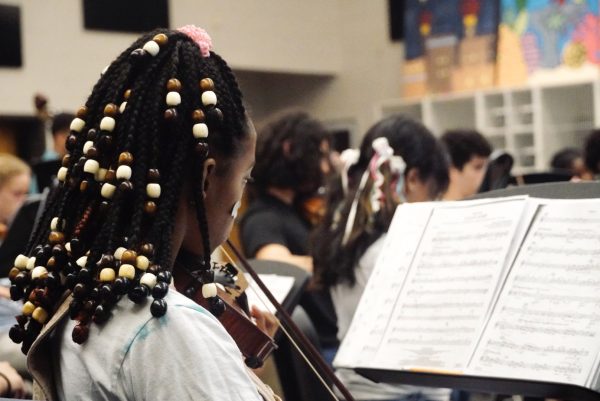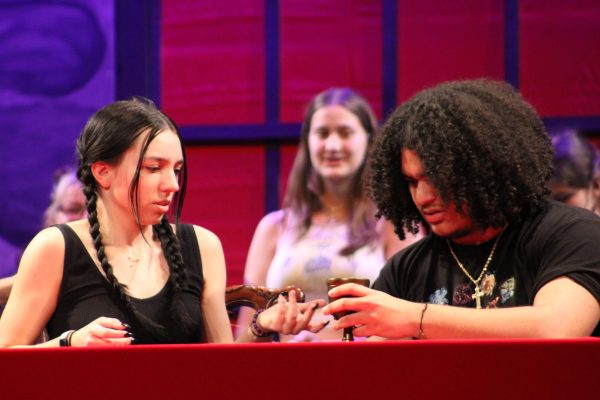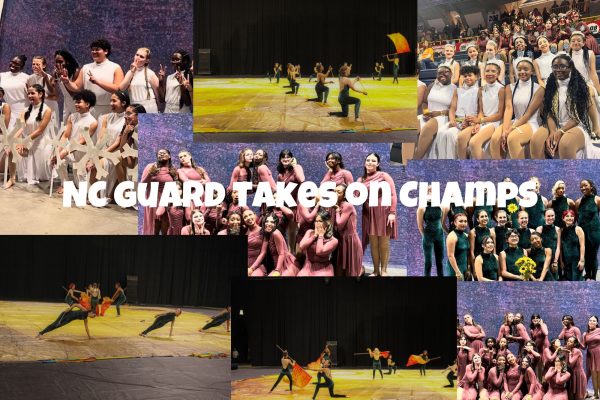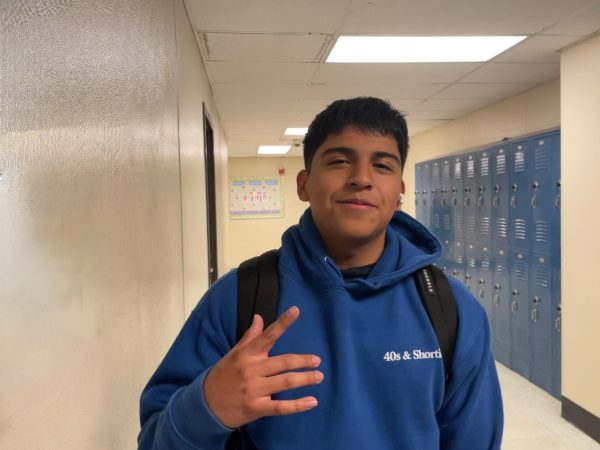A history of Black History Month
Textbooks and review books overlook the Civil Rights movement, showcasing Black achievements at its peak. As the month recognizes black advancements in various aspects, such as Jackie Robinson, as portrayed, and Brown vs. Board of Education. These accomplishments receive credit in US textbooks and represent Black culture at its peak during the Civil Rights movement in the 60s.
March 8, 2019
Black History Month commemorates African-American’s achievements in the U.S. and their pathway to success in American society. During the month of February, the staff encourages the student body to learn and acknowledge Black Americans’ role in what builds our society today and the sacrifices individuals took for equal rights and freedom. From the freedom of slaves to the Civil Rights Movement in the 60s, to the current climate of the 21st century, Blacks make their mark every day, embracing their origins and standing strong in history.
“Black history month means everything to me. I think it’s important for us, especially black students, to learn where their ancestors came from, and how many barriers these important people have broken. We live in a society where there are negative connotations towards the Black community, so it’s good to have a month to show how much black people are capable of,” sophomore Rashida Jalloh said.
In February 1992, the Culture Awareness Club, disbanded in later years, shared several strong African-American profiles throughout American History. The club made its goal to help students reflect the accomplishments of these Black Americans and to bring attention to Black History and its significance. Every week, the club made an announcement on the intercom with short biographies of Black leaders such as Harriet Tubman, Martin Luther King Jr, and Rosa Parks. Each individual contributed to the upbringing of Black Culture.
Not only did they remember past leaders, but the club also brought in speakers to talk to students about current racial prejudices at the time. In 1992, speaker Sandra R. McGary discussed her role in fighting against black prejudice, in the contribution to the Youth Council for youngsters, and about her efforts in the black community. Students received inspiration and learned the reality of a growing society from a Black woman that helped give her race a voice in the current time period.
As for NC today, February raced by with not as much acknowledgment as the year 1992. This year, the only mention of Black History Month came from the Black Student Union. They put together a task for students to send in a creative piece, such as a poem, song, skit, or picture, to represent the significance of Black History Month in NC. The winner’s creation of the challenge would earn a feature on Tomahawk Today and win a prize. Compared to separate announcements of influential figures and representation, students received the opportunity to define what the month means to them, allowing students to also express their artistic talents.
As the month profoundly emphasized Black culture for February, historically, “Black History Month” first had the name “Negro History Week,” in the year 1926. While slowly shifting from the Civil Rights Movement that ended in 1968, after about 24 years, times still continued to change. Black students and educators at that time still understood and learned what it meant to be Black in American society, and how to advance the Black race economically, politically, and musically. In the year 1992, The Chant highlighted black accomplishments took place that year, such as the success of Carol Moseley Braun, the first African-American woman elected to serve in the U.S. Senate. William “Bill” Pinkney also became the first African-American to navigate a sailboat around the world.
Although NC hosts different activities regarding celebration, Black History Month does not receive the same credibility as it did before. This impacts students by blurring the existence of the annual celebration. Students who do take the month seriously and see the 28 days as a chance to embrace and express black culture may have more appreciation for the period of celebration.
“I wish it was spoken about way more throughout the school, and not just recognized on the first day of the month and then forgotten about. Advertising and promotion of this month is something that needs to be worked on,” Jalloh said.
Furthermore, students hope to bring back the same efforts found in 1992 representing Black History Month to 2019. Demonstrating the importance of recognizing Black Leaders and their pathway to success assures NC students that the impossible does not exist—always show your voice and stand strong for what you believe in.



















